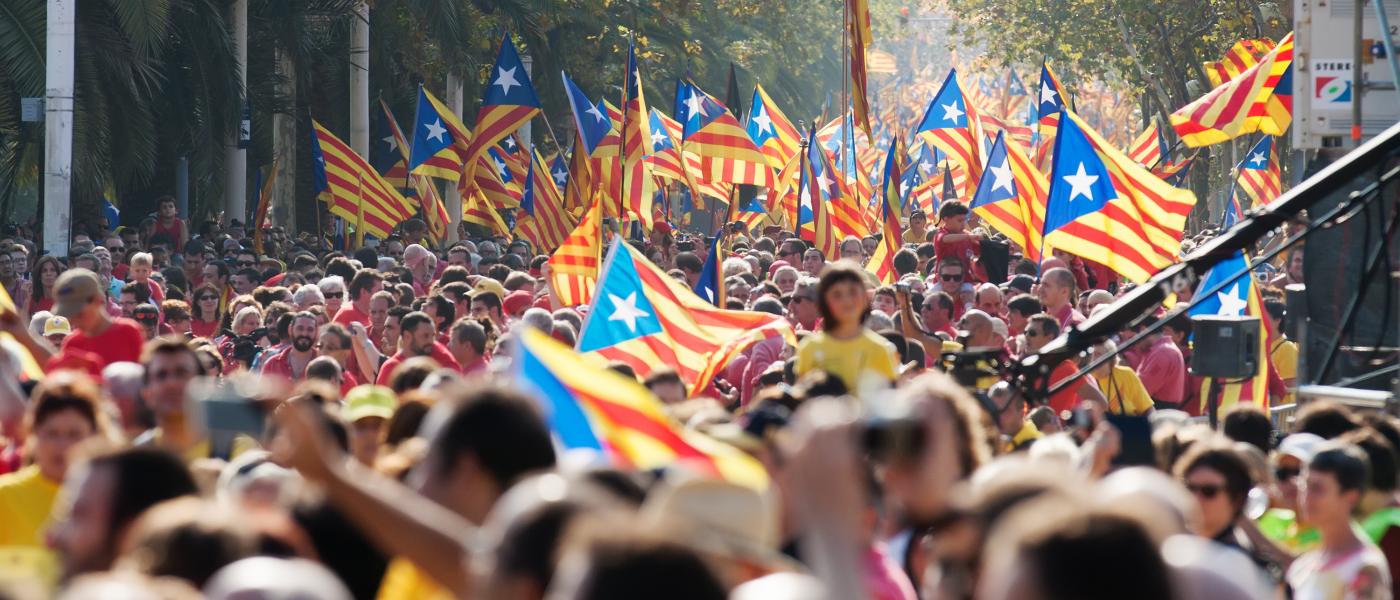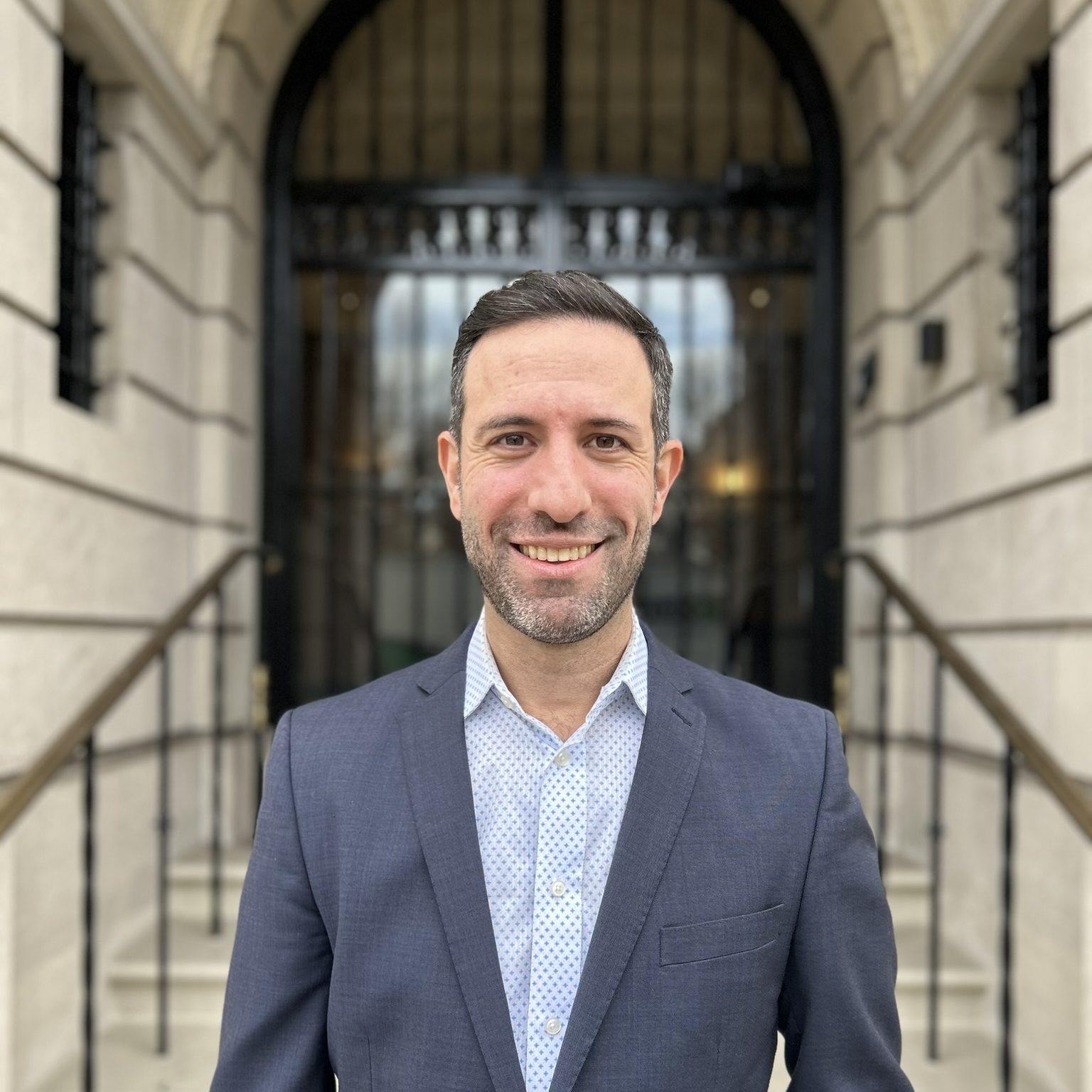In May 2016, prominent Russia expert Mark Galeotti warned that “the [Russian] Foreign Intelligence Service and FSB are now especially active in Europe, and the organizations they support include … separatists from Spain to Scotland.” Fast-forward to September of this year: a sophisticated mix of “Kremlin-run outlets, pro-Kremlin or aligned outlets, and outlets and individuals whose comments are useful for the Kremlin” have been the catalyst to an outbreak of separatist activism in Catalonia and plunged Spain in an unprecedented constitutional crisis. In Scotland, a Brexit vote possibly tainted by Russian interference has made another independence referendum possible, with prominent Russian outlets well-positioned to fan the flames of division there.
The Kremlin already meddled in the 2014 Scottish independence referendum, notably by spreading dubious claims in favor of the pro-independence campaign on social media. Even after Scotland voted to remain in the U.K., Moscow retained its sights on the independence movement there. Now, with an anti-Brexit party in power in Edinburgh, Moscow has stepped up its involvement in the region to capitalize on latent discontent toward the central government. In particular, the establishment of a Kremlin-sponsored Sputnik studio in the Scottish capital prompted concern and warnings from authorities in London. And in a stranger than fiction nod to the Cold War, Pravda, the outlet formerly run by the Soviet Communist party, set up a branch in Edinburgh a year ago.
In Spain, Catalonian independence activists have been pushing for the region’s secession from Madrid harder than ever before and the central government has so far been unable to de-escalate the crisis. Using data collected by the Hamilton 68 dashboard, journalists at El País were able to highlight the Kremlin’s support for Catalonia’s separatists. Despite Putin’s reassurances that the Catalonia crisis was a purely internal matter, a coalition of pro-Moscow sympathizers, Russian propaganda outlets, and paid trolls was pushing pro-separatism and anti-Madrid stories in the weeks surrounding the controversial independence referendum. The analysis by the Atlantic Council’s Digital Forensic Research Lab’s of the online traffic surrounding the independence vote confirmed that “the Russian propaganda machine is one key element in disinformation flows [in Catalonia].”
Dividing European populations from within and turning them against one another via targeted influence operations is a central component of this overarching strategic objective.
These attempts to embolden European secessionist movements follow the USSR’s long and storied tradition of doing so, notably supporting IRA in the U.K. and Basque separatists in Spain. Just like the Soviets before them, current Russian authorities gleefully point to the chaos in Barcelona’s streets to give moral strength to Moscow’s own exactions, most notably the annexation of Crimea. Until recently, many in the West viewed Russia’s actions as a self-contained push to reassert its privileged sphere of influence and cripple Ukraine or Georgia’s prospects for NATO and EU integration. The Scottish and Spanish examples make clear that Russia’s objectives are broader than this. Moscow has made fragmenting Europe into one of its primary strategic objectives. Dividing European populations from within and turning them against one another via targeted influence operations is a central component of this overarching strategic objective.
In line with its strategy, the Kremlin has been sowing chaos in the Western Balkans, a region it traditionally sees as its privileged sphere of influence. As the prospects of further European integration for countries like Bosnia and Serbia look long term at best and the United States’ attention is focused on other parts of the world, Russia has steadily increased its support to separatist movements, most notably in Bosnia. Milorad Dodik, the nationalist leader of the Republika Srpska, the ethnic Serb-majority entity, has often threatened to hold a referendum on the entity’s secession from Bosnia, has called the U.S. ambassador to Bosnia a “proven enemy,” and has hampered the country’s efforts to move toward NATO membership. In return, he has been hosted by Putin in Moscow twice over the last year and received vocal support from Russian officials for taking steps that undermine the Bosnian state-level government, such as holding a referendum last year on naming January 9 a day to commemorate the entity’s 1992 declaration of independence (Serbia did not even support the referendum). Russia has even trained the local police force and forgiven Bosnia’s debt to the former Soviet Union because it helped to save Republika Srpska’s dire budget situation.
More recently, Moscow has set its sights on ethnic Croat separatism in Bosnia as well. With Croatia’s political and economic stability more tenuous than its membership in the EU might suggest, the Kremlin has tried using its newfound influence as a creditor in Zagreb to push its divisive agenda vis-à-vis Bosnia. By supporting both Serb and Croat separatism in Bosnia, Russia is looking to undo the Dayton accords and “ensure that the country remains an ethnically fragmented basket case in the heart of the Balkans.”
Beyond the punctual unrest enabled by the Kremlin’s support to separatist groups, a broader trend is emerging.
Beyond the punctual unrest enabled by the Kremlin’s support to separatist groups, a broader trend is emerging. In September of last year, Moscow hosted a “Dialogue of the Nations” event. In attendance was a veritable who’s who of the separatist international with representatives from, among others, Iranian, Irish, Lebanese, Italian, and even American dissident groups. By convening forums for these groups, Moscow is encouraging the creation of a network of actors who are united in their desire to break up Western states.
Tellingly, Moscow’s strong support of foreign separatist groups contrasts strikingly with its treatment of its own aspiring independent provinces. Under Putin, simply issuing “public calls for actions violating the territorial integrity of the Russian Federation” is punishable by several years in prison, to say nothing of the brutal military suppression of Chechnya’s independence movement. To be sure, the Kremlin excels at co-opting democratic language on supporting self-determination and local rule beyond its borders, especially when this support can then be used to legitimize its own illegal actions (as in Crimea), but the Kremlin’s real goal is to divide and dissolve democratic nations that, when united, can check Moscow’s ambitions to disrupt the postwar liberal international order, in Europe and beyond.
In the aftermath of the unconstitutional referendum in Barcelona, the Scottish government released an official statement which stressed that “all peoples have the right to self-determination.” To avoid arrest in Spain, Catalonia’s separatist leaders have found refuge in Brussels and will meet Flemish politicians. With some assistance from Moscow, these movements are challenging the existing borders of Europe. As richer regions in Italy, Belgium, and Germany grow increasingly dissatisfied at the prospect of paying for the poorer parts of their countries, we should anticipate an emboldened Russia to provide even more of its fission know-how to various separatist movements across the European continent.
The views expressed in GMF publications and commentary are the views of the author alone.






